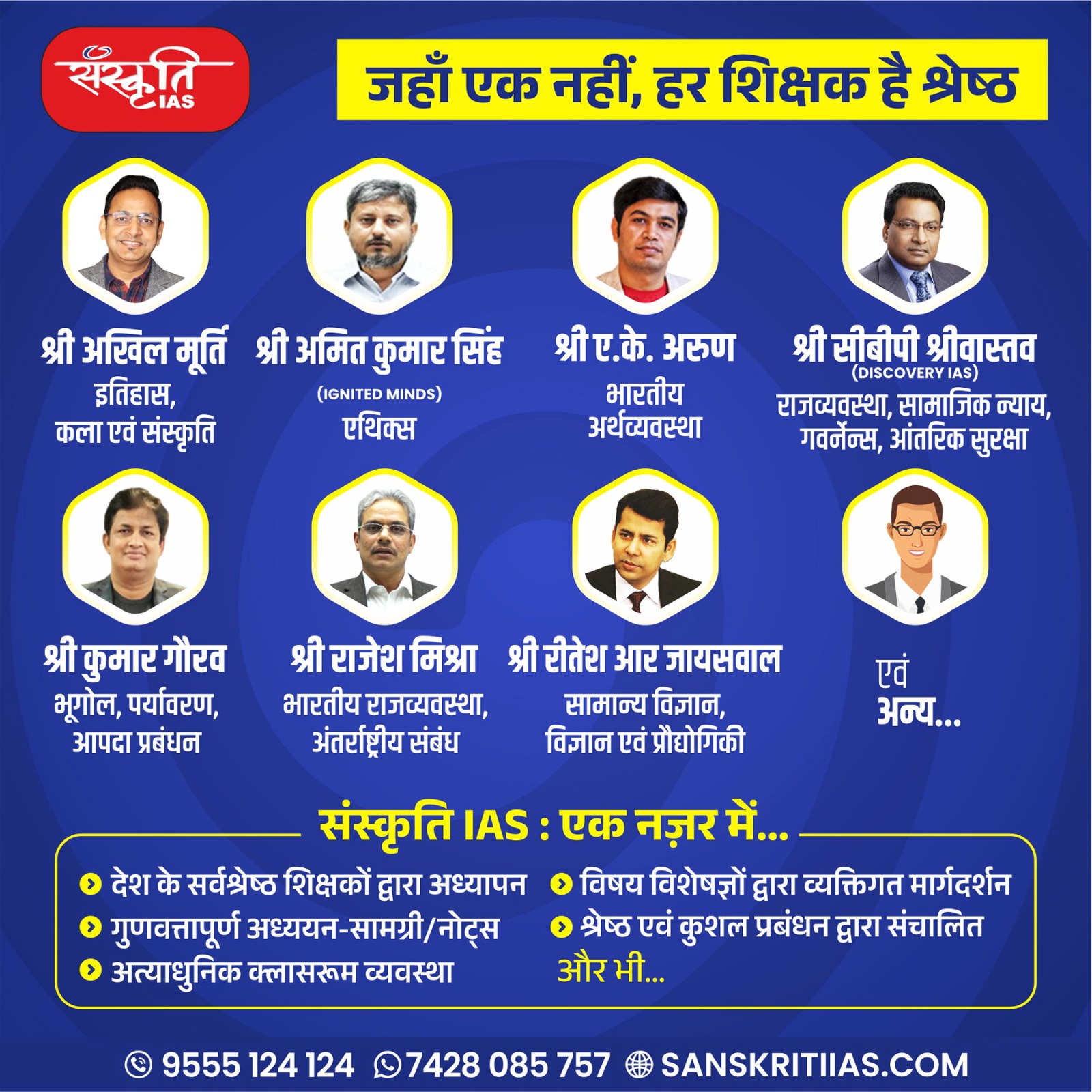The Uniform Civil Code bill is scheduled for presentation in the Uttarakhand Assembly today. Committing to personal rules and standards for all citizens, irrespective of religion, marks a remarkable time. If passed, the bill will make Uttarakhand the first state in India to introduce a uniform civil code. The move seeks to consolidate personal laws based on religious practices into a single secular legal system governing matters such as marriage, divorce, inheritance, and adoption.

On Sunday, the country cupboard of Uttarakhand, beneath the management of Chief Minister Pushkar Singh Dhami, accredited the Uniform Civil Code (UCC) invoice. This bill is outstanding because it proposes introducing a standardised set of personal legal guidelines relevant to all citizens. The goal is to ensure equality before the law by casting off differences based on religion, gender, or sexual orientation.
Personal legal guidelines, which presently range broadly among extraordinary religious groups, cover regions with marriage, divorce, inheritance, and adoption. The approval of this bill through the Kingdom Cabinet is a step towards growing a unified criminal framework that treats all people equally, irrespective of their personal beliefs or identities.
Status of the Child Uniform Civil Code
Seeks to eliminate the distinction between legitimate and illegitimate children so that all children have equal rights regardless of the circumstances of their birth irrespective of This includes equal rights and treatment issues for adopted children in addition to natural children. 3.
4. Common Age of Marriage: Aims to standardise the age of marriage across faiths, ensuring that the same legal standards apply to everyone, irrespective of their religion.
5. Uniform Divorce Procedures: The law proposes uniform grounds and procedures for divorce in all communities, simplifies the legal process and ensures fairness irrespective of religious or cultural differences. The final comprehensive 740-page, four-part draft of the UCC was submitted to Chief Minister Pushkar Singh Dhami by a panel headed by retired Supreme Court Justice Ranjana Prakash Desai on February 2. The draft is a significant step. UCC case in Uttarakhand. Prime Minister Dhami hailed the moment as “long-awaited” and underlined the importance of this bill to achieve harmony in personal law, promote gender equality and eliminate discrimination based on religion, gender, and sexual desire.
Drafting the Uniform Civil Code (UCC) bill in Uttarakhand was thorough and inclusive, marked by significant public engagement. The panel responsible for the draft received over 233,000 written suggestions through online submissions, demonstrating the public’s active participation and interest in the legislation. Furthermore, the panel conducted more than 70 meetings, interacting with approximately 60,000 people.
This extensive consultation process ensured that a wide range of perspectives and concerns were considered in preparing the draft, reflecting the diverse viewpoints within the state.
The special session For the Uniform Civil Code
As the special session of the Uttarakhand Assembly to discuss and potentially pass the UCC bill progresses until February 8, security measures around the Assembly premises have been intensified. This heightened security is likely a precaution to maintain order and ensure the smooth conduct of the legislative process, given the significant public and political interest in the bill.
The UCC aims to establish a common legal framework for all citizens of India, regardless of their religion. This national civil code would apply uniformly to every individual, covering critical aspects of personal law, such as marriage, divorce, maintenance, inheritance, adoption, and the succession of property.
The foundational principle behind the UCC is the separation of religion from legal statutes in a modern society, advocating for equal treatment of all citizens under the law. This initiative seeks to harmonise various personal laws based on religious doctrines with a universal set of laws, promoting equality and unity among India’s diverse population.
The introduction of the Uniform Civil Code (UCC) bill in the Uttarakhand Assembly marks a historic moment as it aims to establish a standard set of personal laws for all citizens, irrespective of their religion. If passed, this legislation will position Uttarakhand as the first state in India to implement a UCC, setting a precedent for a unified legal framework governing matters like marriage, inheritance, and adoption across diverse communities.
The Uniform Civil Code (UCC) proposal by Prime Minister Narendra Modi, emphasised during the 2024 general election campaign, is a pivotal aspect of the Bharatiya Janata Party’s (BJP) platform. The UCC seeks to replace personal laws based on different communities’ religious scriptures and customs with a standard set of laws governing every citizen. These laws would cover various personal aspects such as marriage, divorce, inheritance, and adoption.
Supporters of the UCC argue that it would promote national integration by treating all citizens equally under the law, irrespective of their religion. They also assert that it would advance gender equality, as many personal laws are seen as discriminatory towards women.
However, the proposal has faced significant opposition, particularly from minority communities. Critics argue that implementing a UCC could undermine India’s cultural and religious diversity by imposing a uniform set of laws that may not respect the distinct practices and traditions of different groups.
Tamil Nadu Chief Minister M.K. Stalin’s statement underscores this concern, suggesting that law uniformity does not necessarily lead to unity among the nation’s diverse population. Critics fear that the UCC could erode the fabric of tolerance that allows various communities to coexist peacefully by failing to recognise and respect their unique identities and practices.
Thus, the debate around the UCC is deeply entwined with broader issues of secularism, national identity, and the rights of minority communities within India.























